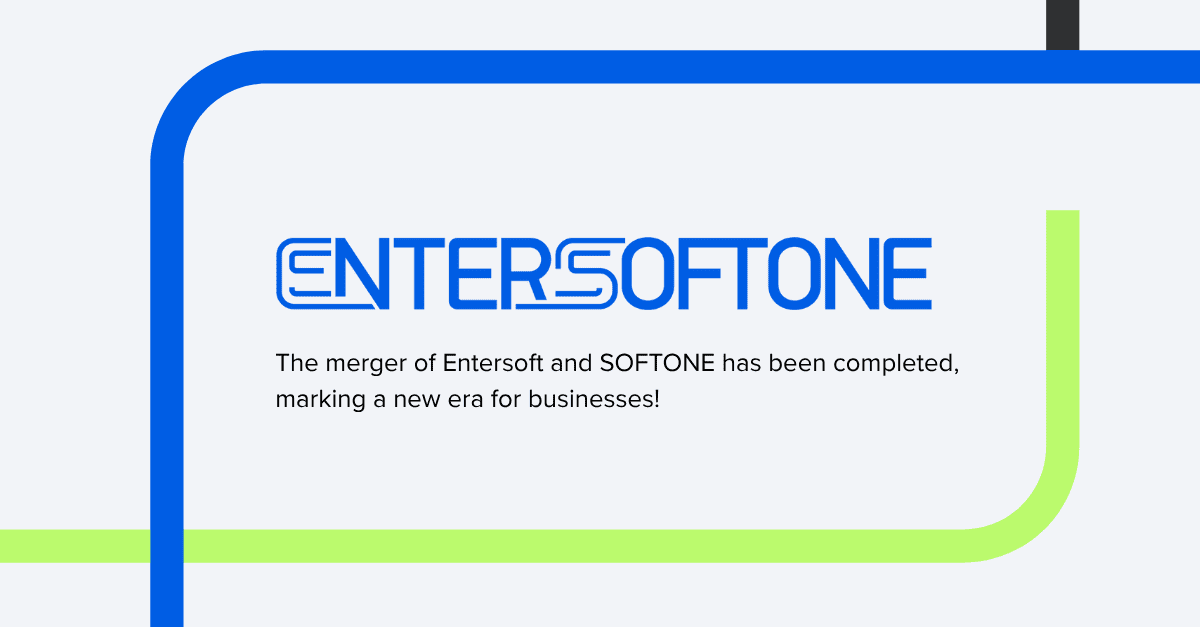Share
Read also

News & Events
ENTERSOFTONE: The merger of Entersoft and SOFTONE has been completed, creating the largest provider of business software products and services in Greece and Southeast Europe.

Mobility
Outlook for the BYOD and EM market from 2025 to 2035

Cloud
The Cloud CRM market will see impressive growth by 2033

Mobility
Key trends in Sales Force Automation
In recent years, the synergy between cloud and CRM has significantly reshaped the way businesses engage with customers and deliver services. As CRM transforms, it is important to observe the evolving service delivery landscape and the future trends that are shaping it.
AI and machine learning in CRM
Artificial intelligence and machine learning are transforming CRM solutions. These technologies enable deep analysis of customer data, helping organizations uncover patterns and make data-driven decisions. Predictive analytics, for example, can predict customer behavior, allowing companies to adopt proactive strategies. AI chatbots also improve interactions with customers by providing 24/7 support. These AI systems learn from previous interactions, improving responses and reducing waiting times. In addition, AI can help with lead scoring, allowing sales teams to prioritize leads more effectively and close deals faster.
Personalization in CRM
Personalized CRM solutions are becoming increasingly popular as customers demand personalized experiences. By collecting and analyzing customer data, cloud-based CRM platforms allow businesses to segment audiences and tailor interactions accordingly. Personalization boosts loyalty and leads to customer retention by providing relevant content and offers based on individual preferences.
Omnichannel engagement is a typical approach to personalization, allowing businesses to connect with customers across platforms seamlessly. This consistent communication reinforces the brand identity and creates a stronger emotional connection with the audience.
Data security and compliance
Data security is a top priority for cloud-based CRM systems. As these platforms manage vast amounts of sensitive data, CRM providers are incorporating strong security features such as encryption and AI threat detection. Compliance with global regulations, such as GDPR and CCPA, is also becoming a critical issue for CRM solutions, ensuring that businesses oversee customer data securely. Organizations need to prioritize data security and compliance to maintain customer trust and mitigate the risks associated with data breaches.
Mobile-First CRM platforms
The rise in the mobile workforce has driven the demand for mobile-first CRM platforms. Cloud computing enables access to CRM from all devices, allowing employees to stay connected and productive. Features such as real-time collaboration, push notifications and voice-activated commands have become an integral part of mobile CRM solutions. Mobile-first CRM platforms enable teams to engage with customers effectively, regardless of location, ensuring seamless and flexible interactions.







